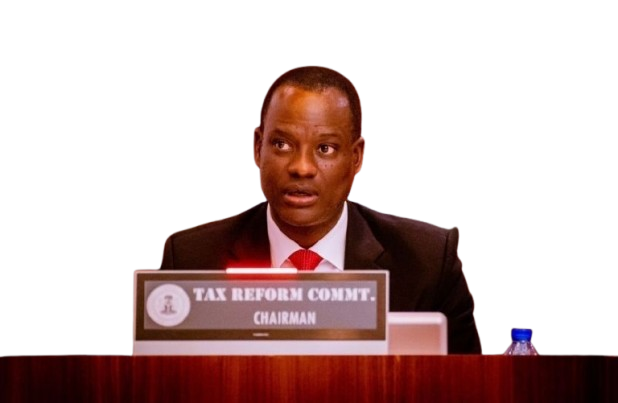Paragraph 1: The Naira’s Volatility and Discretionary Demand:
The Nigerian Naira’s exchange rate has been a subject of persistent volatility, a phenomenon largely attributed to the discretionary demand for foreign exchange. Taiwo Oyedele, Chairman of the Presidential Committee on Fiscal Policy and Tax Reforms, highlighted this discretionary demand as a key driver of the naira’s instability. Despite Nigeria experiencing a higher inflow of dollars compared to outflow through legitimate channels, this discretionary demand continues to exert pressure on the naira’s value. This suggests that a significant portion of foreign exchange demand is driven by factors beyond essential imports and investments, potentially including speculative activities and capital flight. Addressing this discretionary demand is crucial for achieving and sustaining a stable naira exchange rate.
Paragraph 2: Naira’s Performance in the First Half of 2025:
Despite the challenges posed by discretionary demand, the naira demonstrated relative stability during the first half of 2025. This stability was partly attributed to consistent interventions by the Central Bank of Nigeria (CBN) in the foreign exchange market. These interventions aimed at managing exchange rate fluctuations and maintaining market equilibrium. Data from Norrenberger’s report indicates a marginal appreciation of the naira by 0.20% at the official market, closing at N1,532/$. A more significant gain of 5.10% was recorded in the parallel market, which closed at N1,575/$. This suggests that the CBN’s interventions had a positive impact, especially in the parallel market where rates are often more volatile.
Paragraph 3: The Undervaluation of the Naira and its Potential Impact:
Oyedele argues that the naira is significantly undervalued and envisions the positive economic consequences of achieving a sub-N1,000/$ exchange rate. He believes that such a strengthening of the naira would have far-reaching positive impacts on various aspects of the Nigerian economy. A stronger naira would translate to lower inflation, reducing the cost of living for Nigerians and ultimately improving their standard of living. Furthermore, it could contribute to poverty reduction by making essential goods and services more affordable. Achieving this, however, hinges on addressing the underlying issue of discretionary demand for foreign exchange.
Paragraph 4: Transparency in FAAC Allocation:
Beyond exchange rate concerns, Oyedele also advocates for greater transparency in the allocation of funds by the Federation Account Allocation Committee (FAAC). He questions the existing criteria for monthly revenue distribution, which primarily focuses on state populations. He proposes that transparency be a key condition for receiving FAAC allocations, arguing that this would promote greater accountability and ensure that funds are utilized effectively. This suggestion aims to improve fiscal responsibility and ensure that public resources are deployed efficiently for the benefit of the citizens.
Paragraph 5: Tax Reforms and VAT Revenue:
Oyedele clarified that the ongoing tax reforms are not designed to increase government revenue in the immediate future. Contrary to expectations, the reforms, particularly those related to Value Added Tax (VAT), might even lead to a significant drop in VAT revenue, potentially by up to 60%. This projected decline is likely due to adjustments and streamlining within the VAT system. The reforms aim to create a more efficient and equitable tax system, rather than simply maximizing revenue collection in the short term.
Paragraph 6: Closing the Tax Evasion Gap:
The potential shortfall in VAT revenue resulting from the reforms is expected to be offset by closing the tax evasion gap. The committee aims to enhance tax compliance by ensuring that individuals and businesses who are obligated to pay taxes fulfill their obligations. By bringing more taxpayers into the tax net and curbing tax evasion, the government hopes to compensate for the potential decrease in VAT revenue and achieve a sustainable revenue stream. This focus on improved tax compliance aligns with the broader goal of creating a more efficient and just tax system.














